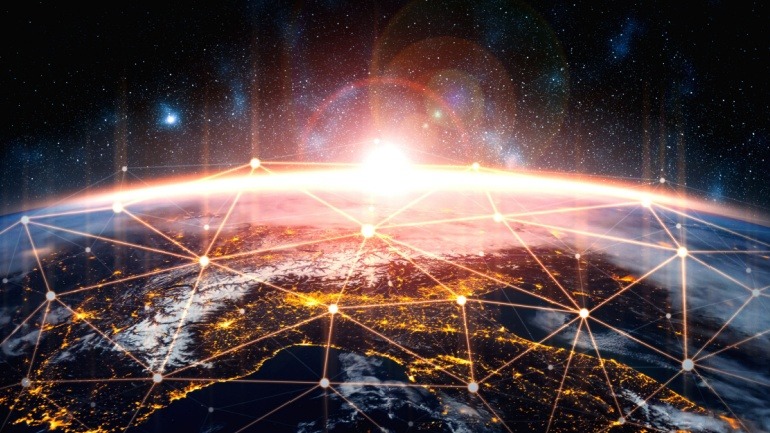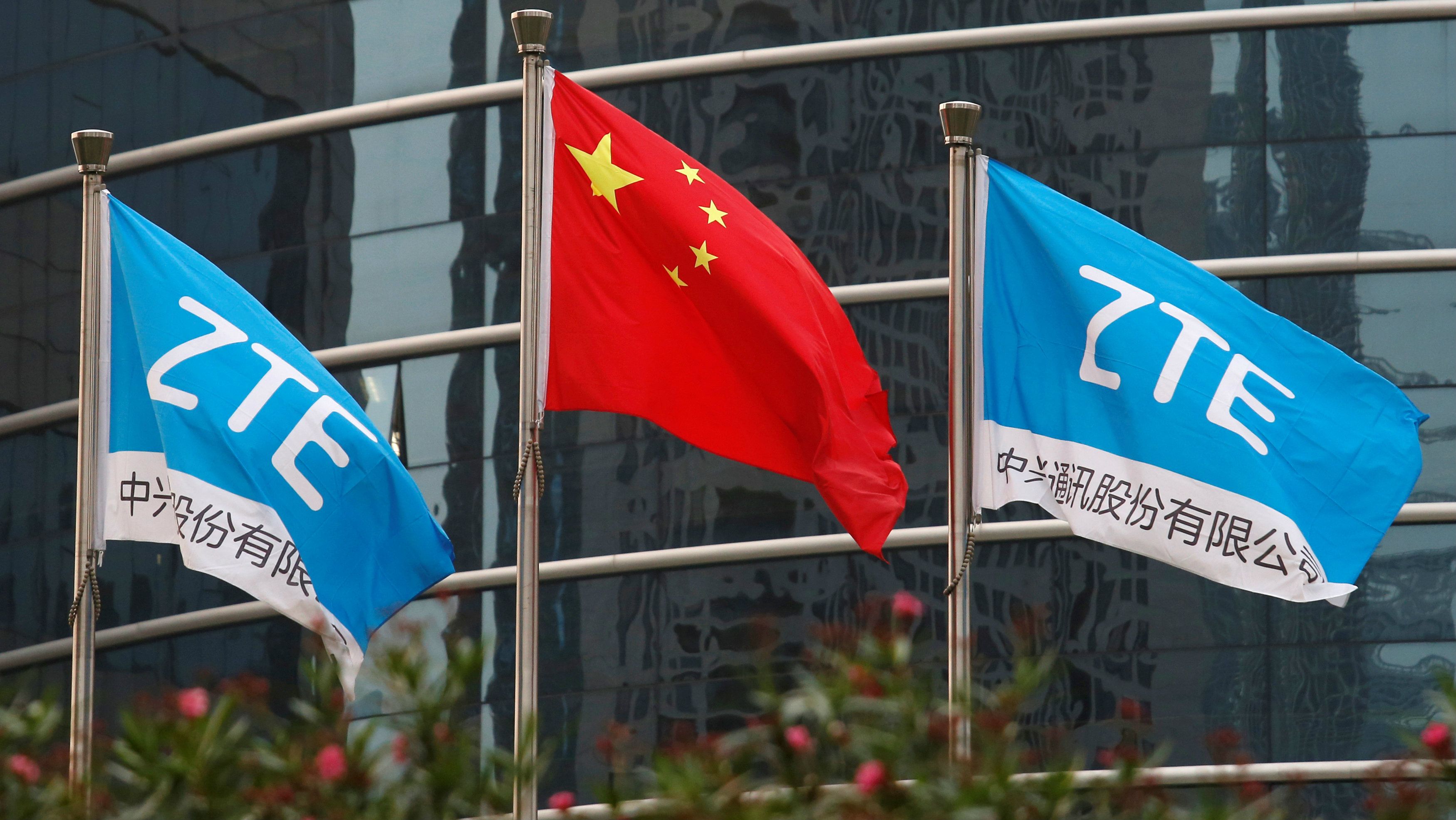AST SpaceMobile has secured a U.S. government contract under the SDA’s HALO program, enabling it to compete in prototype space tech projects. This milestone positions the company to demonstrate its large BlueBird satellite arrays for government use, with potential applications in secure communication.
Data centers are critical to the U.S.’s digital infrastructure, supporting various industries and services. The NTIA is requesting public input to address challenges like energy consumption and cybersecurity. This collaborative effort aims to create a sustainable, secure, and resilient data center industry, supporting AI-driven growth and technological advancement.
AT&T partners with Nokia in a groundbreaking multi-year deal to upgrade its US fibre network infrastructure. Spanning five years, Nokia will deliver crucial fixed broadband equipment to bolster AT&T’s current infrastructure and accommodate future network expansions. This partnership is set to enhance broadband access for millions, driving digital innovation.
UScellular has teamed up with MxD to enhance private network technology in U.S. manufacturing. Utilizing advanced equipment at MxD’s Chicago facility, UScellular’s 5G network solutions aim to elevate digital manufacturing. This partnership highlights the fusion of private cellular tech with existing Wi-Fi systems, marking a significant advancement in Industry 4.0 communication.
First Orion, the leading provider of branded communication solutions for enterprises, announces that the industry’s first real-time out-of-band call authentication solution, INFORM Paired, is now available across all major U.S. carriers. INFORM Paired ensures bad actors cannot impersonate a branded call from a legitimate enterprise and, as a result, reduces the risk of consumers getting scammed.
A recent report by the Fiber Broadband Association (FBA) reveals that fiber internet has now reached over half of U.S. households, surpassing 51.5% of primary homes. The survey, conducted by RVA LLC Market Research and Consulting on behalf of FBA, highlights 2023 as a record-setting year for annual fiber-to-the-home growth, with network operators connecting an unprecedented nine million new homes.
In an audacious move against China’s tech supremacy, the U.S. has issued an executive order curbing American investment in several Chinese industries. Citing national security fears linked to the development of military, surveillance, and cyber technology in China, the U.S. declared a national emergency facilitating swift action. This could significantly impact sectors such as semiconductors and quantum computing, and might also influence global investment trend.
After President Trump asked the U.S. Commerce Department to find an agreement to save ZTE Corp., an agreement has been found. It all started when an investigation found out that ZTE was doing business with Iran and North Korea by sending U.S. products. Despite the opposition of several members of congress, mostly Democrats, but also many Republicans, that are accusing Trump of bending under Chinese pressure, ZTE will be able to trade with American companies. ZTE was banned from doing any business with the U.S. since April 15th and has lost $3 billion. ZTE will have to pay a $1.3 billion fine to the U.S. in addition to a $900 million fine they already paid last year. Part of the deal, aside from the fine, includes a change in management and will have to get parts from U.S. suppliers. The situation between ZTE and the U.S. Administration created some tensions…
Ookla’s analysis of the iPhone 16 reveals improved 5G performance over its predecessors in several regions, including the U.S. and Canada, where speeds surpassed 324 Mbps. However, Samsung’s Galaxy S24 excelled in latency and upload speeds.
GXC, a Texas-based private 4G/5G provider, is set to be acquired by California’s Motive Companies. This strategic move enhances GXC’s advanced 5G services for industrial applications, leveraging Motive’s expertise.













